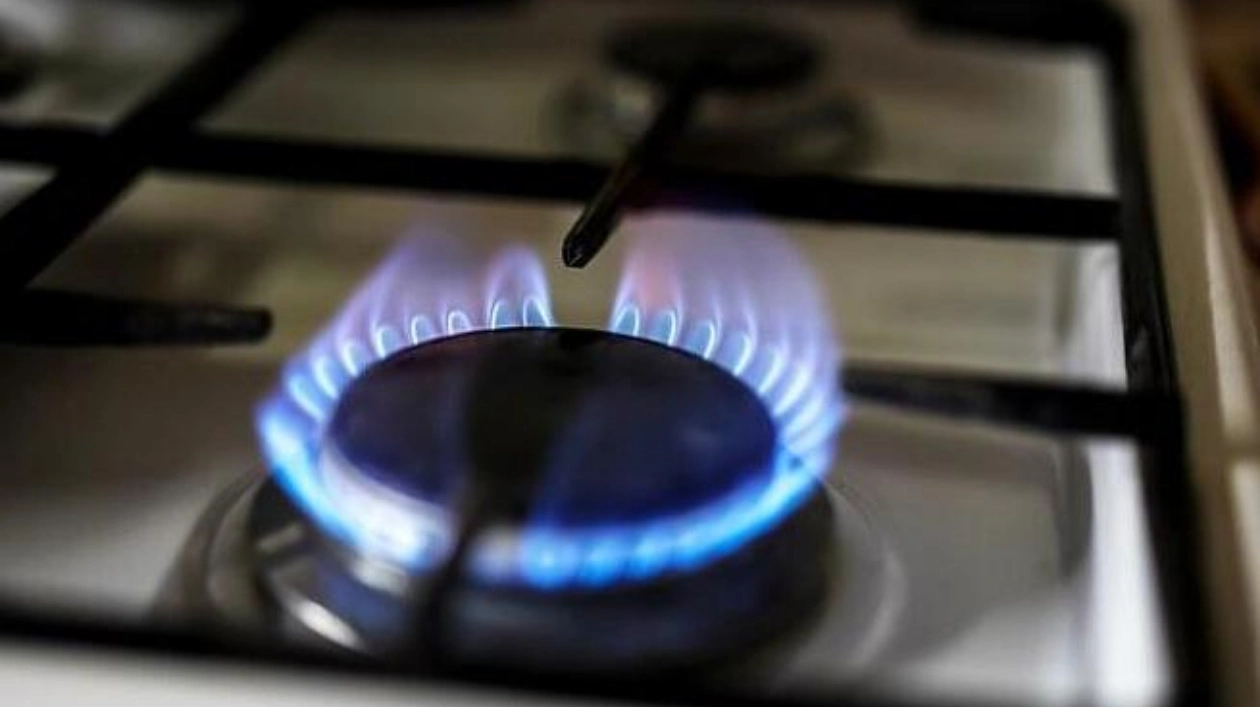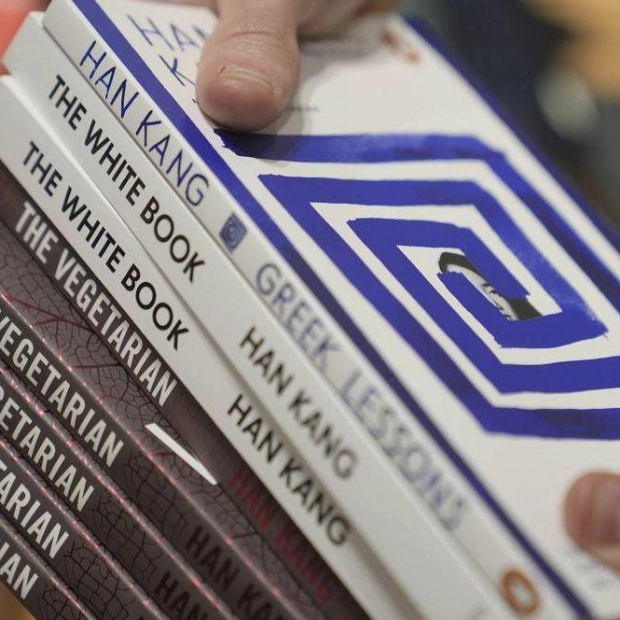RIYADH: Egypt's September inflation rate surged to 26 percent, driven by energy price hikes, marking a notable decline from the 40.3 percent recorded in the same month of 2023.
According to the Central Agency for Public Mobilization and Statistics, the country's general consumer price index climbed to 236.5 points, reflecting a 2.3 percent increase from August. Electricity, gas, and other fuels experienced a significant 14.9 percent rise, exacerbating household expenses.
Other factors contributing to inflationary pressures included a 0.7 percent increase in cereals and bread, along with similar rises in meat and poultry. Fish and seafood prices rose by 1.7 percent, while dairy products, cheese, and eggs saw a 2.8 percent increase. Vegetables saw a substantial jump of 12.4 percent, and fruit prices increased by 1.7 percent.
Sugar and sugary foods edged up by 0.2 percent, and coffee, tea, and cocoa prices grew 0.9 percent. Other categories also saw increases, such as fabrics (1.1 percent), ready-made garments (0.8 percent), and footwear (0.3 percent). Housing rent prices rose by 0.9 percent, while furniture and furnishings increased by 0.8 percent.
Home maintenance goods and services grew by 1.4 percent, and household appliances by 1.5 percent. Medical products and equipment registered a 3 percent increase, while hospital services rose 1.3 percent. Transportation costs, including private carrier expenses, increased by 1 percent, with vehicle purchases up by 2.3 percent.
Despite these rises, some areas saw a decline, with hotel service prices falling by 0.1 percent. However, this decrease was insufficient to offset the broader upward trend in other sectors.
Egypt has tightened its monetary policy as part of an $8 billion financial support package from the International Monetary Fund signed in March. The program mandates various economic adjustments, including raising domestic prices and allowing the currency to depreciate.
In line with these measures, the Central Bank of Egypt raised interest rates by 600 basis points on March 6, bringing total rate hikes for 2024 to 800 basis points. To address a budget deficit that reached 505 billion Egyptian pounds ($10.27 billion) in a 3.016 trillion pound budget for the fiscal year ending June 30, the government also increased the prices of certain subsidized goods.
On June 1, the price of subsidized bread was increased by 300 percent, while on July 25, fuel prices rose by up to 15 percent. The country’s food subsidy spending grew to 133 billion Egyptian pounds in the 2023/24 financial year, reflecting a 10 percent increase compared to the previous year.






